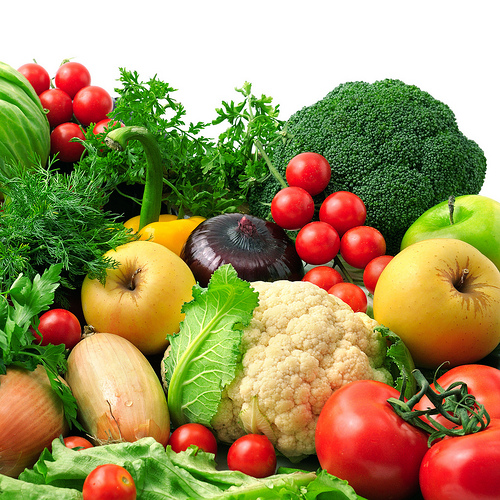Anemia is nothing more than low hemoglobin (red blood cells in the blood), meaning a significant drop in production due to the lack of various essential vitamins and nutrients for the body. Red blood cells are responsible for carrying oxygen throughout the body. Anemia can happen at any age and in anyone who lacks vitamins B12, proteins, and iron.
Why Anemia Happens in Pregnancy
Anemia in pregnancy is no different; the lack of vitamins and iron that the body needs to stay healthy happens very frequently during the pregnancy period. At this stage, women need twice the nutrients the body would normally require, and as a result, anemia in pregnancy often occurs one or even more times during gestation.
Iron-deficiency Anemia
The most common type is iron-deficiency anemia, which is due to a lack of iron in the body. The amount needed for a non-pregnant woman is about 15mg of iron per day to keep her body free from anemia, but during pregnancy this amount doubles!
Symptoms of Anemia
Anemia in pregnancy can cause some discomfort and even more severe complications than in people who are not pregnant. The lack of iron at this stage in life can cause symptoms such as:
- Persistent tiredness
- Pale lower eyelids
- Weakness
- Lack of motivation
- Nasal bleeding
- Purple spots on the body without apparent reason
How to Diagnose Anemia in Pregnancy
Diagnosis for anemia is simple, whether during pregnancy or not. A simple blood test will show if the amount of hemoglobin is below what is desired. The doctor will interpret the test and, if necessary, prescribe medication to supplement the deficiency that the body is experiencing at that moment.
Anemia in pregnancy should be investigated as soon as possible because low hemoglobin can result in low birth weight for the fetus. However, most pregnant women with anemia are in this condition because they transfer most of the iron they consume to the baby.
Treatment for Anemia
There are cases in which simply improving the diet may cure anemia in pregnancy. It is advisable to eat foods rich in iron as well as those rich in vitamin B12. Since there are many urban legends about what to eat when you have anemia, especially during pregnancy, it is worth clearing up some dietary myths. Some say beef liver is excellent for anemia, right? And what about the rusty nail or screw in beans?
Dark leafy greens: These are great sources of iron and other vitamins. Greens such as kale, watercress, chicory, broccoli, and others in this family are a healthy source of iron.
Milk and its derivatives: They are considered very good, but in fact these foods do not contain a significant amount of iron. Prefer yogurts enriched with B12 and iron.
Legumes: Beans, lentils, chickpeas, and fava beans, for example, are another natural source of iron. But it is not recommended to add a rusty nail or screw to your beans, as there is no scientific proof that this would help restore the necessary iron to the body.
Meats: Red meat and fish also contain a significant amount of iron in their composition. Eating red meat and fish will help increase the body’s iron levels. Opt for meat that is thoroughly cooked to avoid any health scares. For those who enjoy liver, it is also a good option as it offers a rich source of iron—a nice plate of sautéed liver with onions is a great option for anyone diagnosed with anemia.
Supplements are recommended for everyone with anemia, including pregnant women. The ideal is to have a balanced diet during pregnancy, or even if you are planning to become pregnant.
Prevention is still the best medicine when it comes to health! But if you are already pregnant and are feeling very weak, sleepy, or even if you feel nothing at all, it doesn’t hurt to get a health check to make sure everything is okay with your health during pregnancy.
See also: Candidiasis in Pregnancy – Symptoms and Treatments
Photo: Heike Giesler, Olearys












